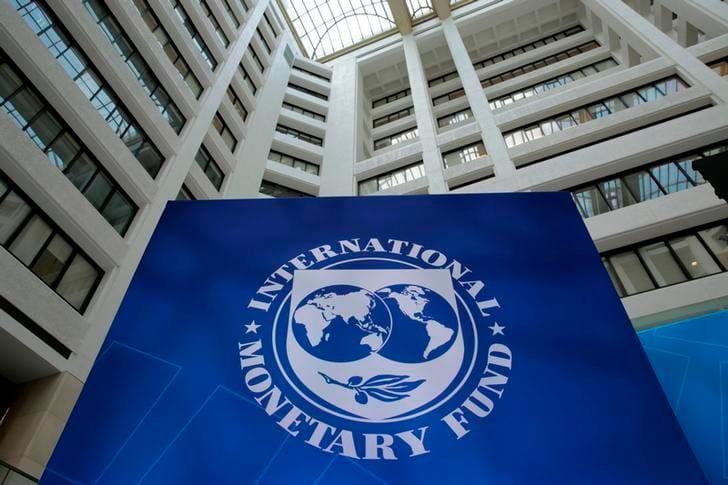IMF warns Kazakhstan’s reliance on national fund risks economic instability
The International Monetary Fund (IMF) has called for urgent fiscal reforms in Kazakhstan, highlighting the government’s increasing reliance on its National Fund to cover budget shortfalls.

The International Monetary Fund (IMF) has called for urgent fiscal reforms in Kazakhstan, highlighting the government’s increasing reliance on its National Fund to cover budget shortfalls. This heavy use of the country’s rainy-day fund could expose the economy to significant shocks, the IMF warned in its recent 2024 Article IV Consultation Mission.
Kazakhstan has already drawn over 4 trillion tenge from the fund this year, with plans for an additional 2 trillion by year’s end, far exceeding the initial 3.6 trillion tenge target. “Some operations are completely unexpected, information about them is not revealed,” IMF mission leader Nicolas Blanchet noted, pointing to concerns over transparency in fund use.
The IMF recommended the establishment of an independent fiscal council to enforce stricter policy guidelines, limit discretionary spending, and support tax reforms. Without action, Kazakhstan may face inflationary pressures and the depletion of its reserves, jeopardizing long-term economic stability. While the government initially aimed to grow the National Fund to $100 billion by 2030, it currently holds just under $63 billion—far below its peak of $77 billion in 2014.
The IMF emphasized that reforms, including improved budget planning and increased non-oil revenues through tax adjustments, are essential. However, local economists remain divided. “We need money now… future generations will take care of themselves,” argued economist Denis Krivosheev, while others, like Murat Temirkhanov, stress the need for better strategic planning to avoid future economic crises.










